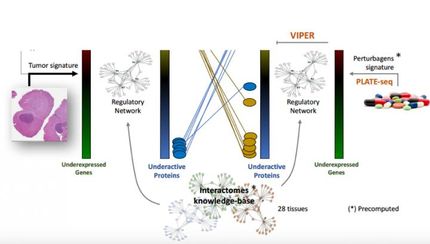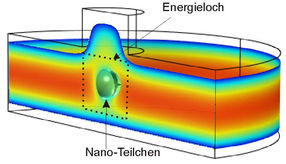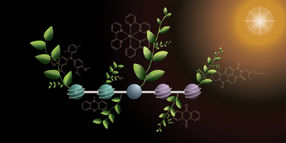UCB: Phase II results for CDP791 in non-small cell lung cancer support further clinical development
Advertisement
UCB announced first results of its phase II exploratory study of CDP791, a specific VEGFR-2/KDR inhibitor, in combination with carboplatin and paclitaxel chemotherapy in first line non-small cell lung cancer (NSCLC). Positive improvements were observed on several efficacy endpoints including tumour response rate and time to tumour progression. The data support further late stage clinical development of the drug in first line NSCLC. UCB will now work on the consequent clinical development plans and is evaluating partnership options.
The primary efficacy variable was tumour response rate as assessed by independent review. A 17.7% improvement in the tumour response rate was observed between the higher dose 20mg/kg CDP791 plus chemotherapy treatment arm (37.7%) and the chemotherapy alone treatment arm (20.0%).
The risk of tumour progression was reduced by 32% for patients receiving 20mg/kg CDP791 plus chemotherapy compared to chemotherapy alone. Patients who received 20mg/kg CDP791 plus chemotherapy had a median time to progression of 30.1 weeks compared to 27.3 weeks for patients receiving chemotherapy alone. While progression-free survival did not show a treatment effect in this exploratory Phase II trial, preliminary analysis of overall survival is sufficiently encouraging to support further development of the molecule.
CDP791 is a PEGylated, humanised di-Fab fragment specifically inhibiting VEGFR-2 activation by its ligands VEGF-A, VEGF-C, VEGF-D. As CDP791 does not contain an Fc part, its activity is entirely due to its potent blocking ability. CDP791 binds specifically to VEGFR-2 and blocks all signaling through this receptor. This is a different mechanism of action from any of the marketed VEGF inhibitors and is a novel point of attack on the VEGF pathway. VEGFR-2 is a key component of the angiogenesis pathway involved in formation of new blood vessels supporting tumor growth. CDP791 has been shown to potently inhibit binding of VEGF to VEGFR-2 in vitro, and has been shown to inhibit angiogenesis in pharmacological models.
Most read news
Topics
Organizations
Other news from the department research and development

Get the life science industry in your inbox
By submitting this form you agree that LUMITOS AG will send you the newsletter(s) selected above by email. Your data will not be passed on to third parties. Your data will be stored and processed in accordance with our data protection regulations. LUMITOS may contact you by email for the purpose of advertising or market and opinion surveys. You can revoke your consent at any time without giving reasons to LUMITOS AG, Ernst-Augustin-Str. 2, 12489 Berlin, Germany or by e-mail at revoke@lumitos.com with effect for the future. In addition, each email contains a link to unsubscribe from the corresponding newsletter.




























































